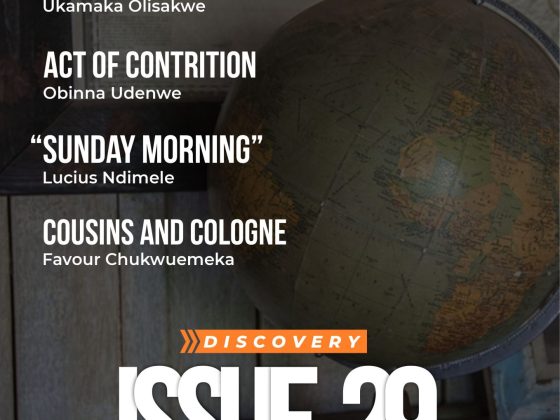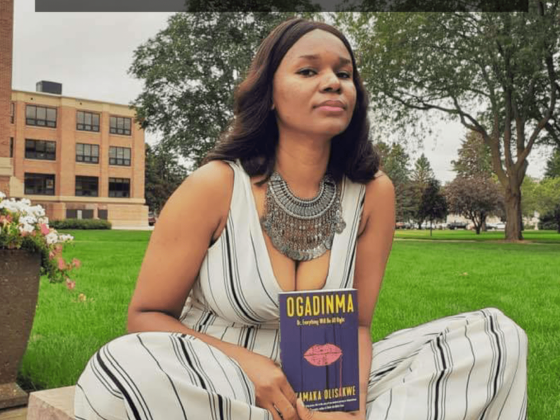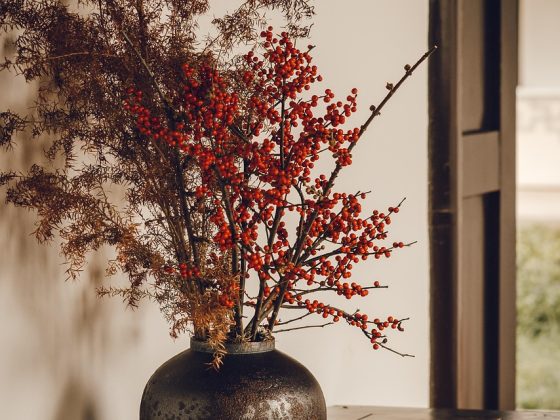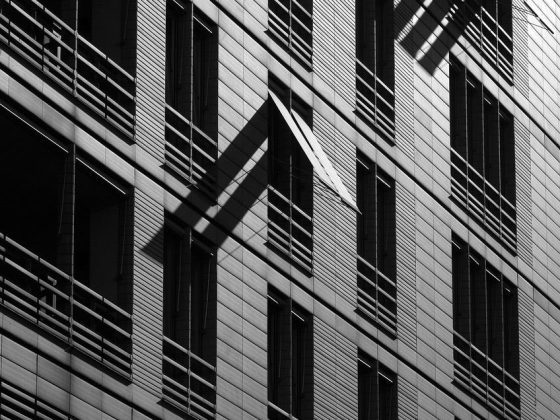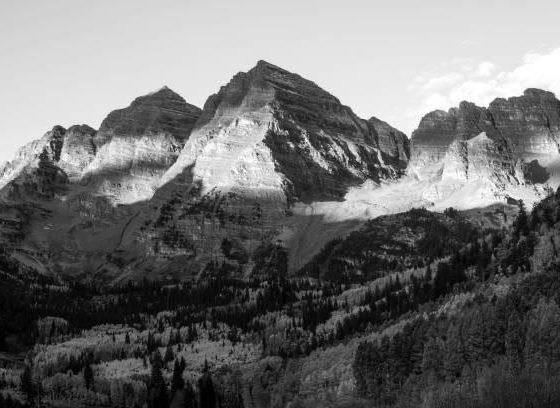We are thrilled to once again be putting forward this great body of African creative art. We have taken the time to curate timeless pieces of literature that, we are certain, would resound strongly in other places after now, in years to come. We are proud to be at the fore of these bold conversations in African writing.
We hold that Africa is the birth place of timeless stories. From the hieroglyphic writings in Egyptian monuments to the stories passed down from word of mouth by sages long gone, Africa has always told stories. We would note that these hieroglyphs themselves asides being a form of communication primarily for the then elitist Egyptians, were used for aesthetic purposes. We wouldn’t also ignore the masquerade dances, rituals and festivals where beautiful stories were told in performances and songs. The Eyo, Ojude-Oba, Iwa ji festivals in Nigeria; Kundum, Ohum, Danyiba festivals in Ghana and numerous others are only very few testimonies—almost insignificant to the actual number, to Africa’s love for stories and art.
Africa can then be rightly said to be the birthplace of music, art and literature; and while many stories have passed down successfully into the canons of world literature, many others have been stifled by the many politics of anti-black colonialism that had at its core, the mission to bedevil the literatures of Africa, our mysticism, our culture, traditions, values and our language. James Baldwin could not have been more right in his assertion that there is no dearth of books that tackle the Negro problem. The problem is that they are written about so badly. But we still tell our stories.
In his very recent essay titled, “The Future is African Literature,” Ben Okri theorises that, “African literature is taking over the world. It has sprouted from Africa, but it has grown in all the corners of the globe. It is a literature of sensibility, of exile, of migration, of travel, of home-leaving, home-staying, homecoming.”
The true beauty of reading African writings does not merely lie in an understanding of the realities of one culture but in grasping the truths inherent in other cultures of other places. The intersection of these separate realities is what creates the pure, organic, wholesome feel experienced only from a balanced literary diet. And so we are excited that this issue fetches writings from different spaces in Africa, and by doing this, we create not just an opportunity to read African writings, but to compare the realities of different African climes.
With the movement of the times, reality changes, and so does literature. African literature is experiencing a paradigm shift from the old ideals to new ones. And so our stories are changing, too. African literature, thus, is in a stage of discovery, or might I say, re-discovery. We are shedding off the old, monochromatic notions of our humanity. From the diachronic exposure of Africans to other cultures outside here, African writing is now adorned with a fresh garment of new shades of hues.
The writings in this issue tackle this. Obinna Udenwe’s Act of Contrition questions the age-long rules set against the African woman. He asks boldly, “do not men, like women, get to stand together, guilty and innocent, as the case may be, in the court of morality?” Likewise, Ogbonna Chimezie in The White Linen argues against the unequal societal sanctions placed on men and women. Alexander Opicho’s essay tackles the race and colour war in America. The poems, too, tackle themes of migration, disillusionment, war, death, and primarily, hope.
It is our expectation that you enjoy what we have put together in this edition. We ask that you read not just as a mere enthusiast, but as navigators, coursing through this art sea, on the unending racetrack to discovery.
Nzube Nlebedim
Chidiebube onye Okohia
Ottih Onyedikachi
September 2020
DISCLAIMER
The Shallow Tales Review literary magazine is a production of The Shallow Tales Review. We do not take any responsibility for the ideas published under its name, as they are, in their entirety, prerogatives of the contributors.

